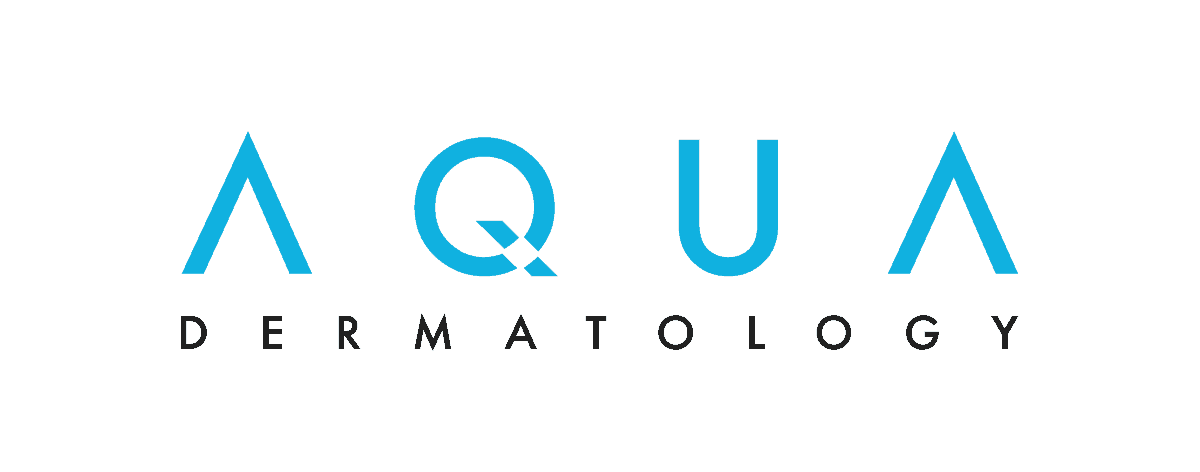
Medically reviewed by: John Minni, DO
Does dairy cause acne? Claims of a relationship between diet and acne have circulated for decades. Depending on what you read, you may think dairy products are among the worst offenders. But what’s the reality when it comes to dairy and acne? Should you give up pizza, milkshakes or lattes for clearer skin?
Very little research has been done to investigate a possible connection between dairy and acne, and some results of published studies have been pointed to opposite conclusions. What’s more, different types of dairy appear to have different effects. If the question is “Can milk cause acne?” the answer is a qualified maybe.
“Acne is a complex condition with many causes, including genetics and hormones,” said John Minni, DO, a board-certified dermatologist at Water’s Edge Dermatology. “Certain foods may contribute to acne in some people, but they won’t cause acne if you aren’t already acne prone.”
Milk and acne
If any dairy product contributes to acne — and that’s still an “if”— it’s milk. Ironically, according to at least one study, skim milk and low-fat milk may be more likely to trigger breakouts than whole milk.
If you have acne-prone skin, go ahead and eat cheese. Research has not found a connection between cheese and acne (though you may want to limit cheeses that are rich in saturated fat for other health reasons). As far as yogurt goes, spoon it up.
“Yogurt that contains probiotics might actually improve acne by reducing inflammation in the body, and potentially, by keeping the bacteria associated with acne in check,” said Dr. Minni.
Are the hormones in cow’s milk to blame?
All cow’s milk contains natural hormones. Most milk that isn’t organic also contains artificial hormones that are given to the cows to boost milk production.
In humans, hormonal changes that come with puberty, menstruation and stress can cause acne flare-ups. It’s possible that the hormones in cow’s milk could also cause flare-ups by throwing off the balance of hormones in your body.
One culprit may be insulin-like growth factor-1 (IGF-1), which is thought to trigger breakouts in humans. Cows produce it naturally, and the synthetic hormones given to cows makes them produce more of it.
In addition to IGF-1, various androgens — sex hormones sometimes called “male hormones,” even though females have them too — could also play a role. Testosterone, for example, causes a reaction in the body that stimulates the sebaceous glands to produce more pore-clogging sebum.
Milk and inflammation
Some people suspect that milk may worsen acne by increasing levels of inflammation in the body.
“We now know that inflammation is a major factor in acne,” said Dr. Minni. “In fact, acne is considered an inflammatory disease.”
It’s not clear how, or whether, milk inflames the body. One popular theory is that the sugar in milk boosts inflammation by spiking blood sugar and insulin levels. This might explain why skim milk appears to be more likely than whole milk to cause acne in acne-prone skin. The fat in whole milk lowers its glycemic index (though only slightly), which means slightly lower blood sugar spikes.
Milk may be more likely to cause inflammation if you consume a lot of it or you’re allergic to one of its components.
Time to give up milk?
Banning milk from your diet won’t eliminate your acne for good because it has no effect on underlying factors such as genetics. And think of your bones: They need calcium, and for many people, milk is a key dietary source. Before you give up milk, talk with a registered dietician about how to get enough calcium from other sources.
Also talk to your skin care provider about what’s causing your acne. Chances are, there are other reasons for it. Milk may be low on the list if it’s on the list at all.
How to drink milk without getting acne
If you think milk might be contributing to your breakouts, giving up milk may not be necessary. Try these measures first.
- Scale back your consumption. In one study, the more milk people drank, the stronger the acne connection was.
- Switch to whole milk.
- Buy organic.
Whatever changes you make, give them time to work. A dietary shift could take weeks or months to have a noticeable effect. And keep your expectations in check. “Most cases of acne don’t magically disappear after cutting out a food,” said Dr. Minni.
Your best bet: Work with your skin care provider, who can prescribe effective acne medication and recommend a pimple-fighting skin care routine that’s right for your skin.
Written by Jessica Brown, a health and science writer/editor based in Nanuet, New York. She has written for Prevention magazine, jnj.com, BCRF.org, and many other outlets.





